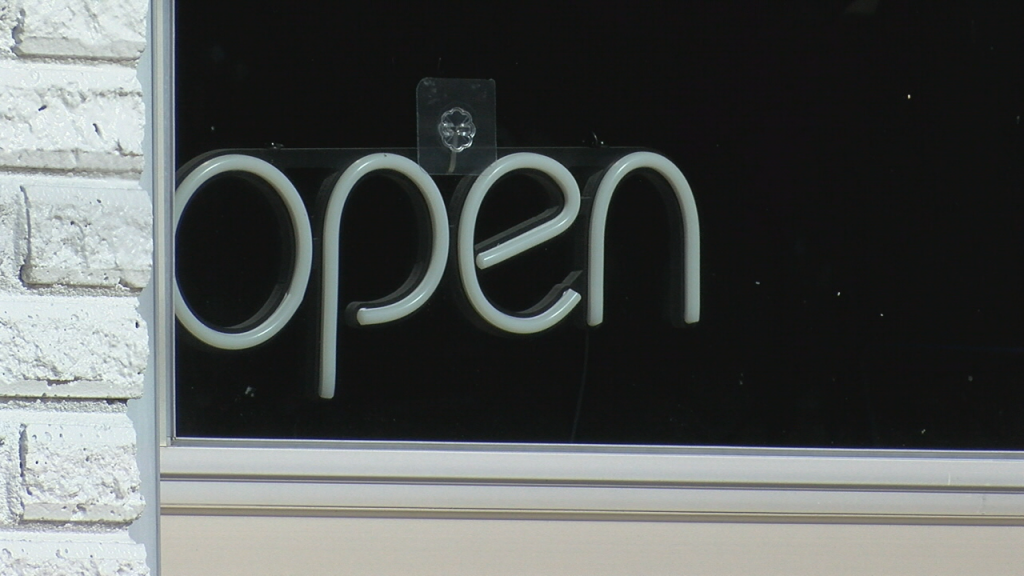Marino on Money: May 5
In this economy, making good financial investments is key. In this segment of Marino on Money, Ross has some suggestions on keeping your money safe while looking for a good return.
Our topic this week is where to invest $500 a month.
One of the basis principles of financial planning is to live within one’s means. So, if you have $500 per month to invest, congratulations! I’ll assume you actually spend less that you make.
Invest…I love that word. According to the dictionary, invest means to put money to use by purchase or expenditure on something offering potentially profitable returns. What can we do with $500 per month — or $50 per month — that will offer potential profitable returns? I am frequently asked that question. Since you mentioned low risk, we’ll start there. Like every good consultant, I’ll answer that question with another question. Do you have any debts? You see, paying off a debt is an investment. You don’t need to wonder whether you will achieve a benefit. When you pay down – or pay off — a debt, you receive an instantaneous, guaranteed benefit from your money.
Think about it. If you have a simple interest loan, you are being charged interest daily. If you pay $500 towards the principal, you no longer pay interest on that $500. If your interest rate on the debt is 10%, you just received an instantaneous, guaranteed benefit from your money. (Such a deal!) How about CDs? Not instantaneous. You need to hold a CD for a period of time before receiving a return. How about money in the markets? Not instantaneous and definitely not guaranteed.
I only know of one other way to receive a similar type of benefit, and we’ll discuss that tomorrow. But first we must determine which debts to pay off. This process is straightforward. Find the debt with the highest interest rate, and attack that balance first. Remember, paying off debt offers a return based on the interest rate. Here is the only exception: If you take a tax deduction for the interest, your net return is lower than the rate. For example, if your mortgage rate is at 6%, and it is deductible for you, the net cost is less that 6%. So paying off lower interest debt isn’t quite as much of a benefit, but it is close.
If you are debt free, or if you only have low interest rate debts, then make sure you have some emergency reserves or savings set aside. Having a rainy day fund is always a good idea because everybody has rainy days. Tomorrow, we’ll talk about another investment that is guaranteed and frequently instantaneous.





Leave a Reply